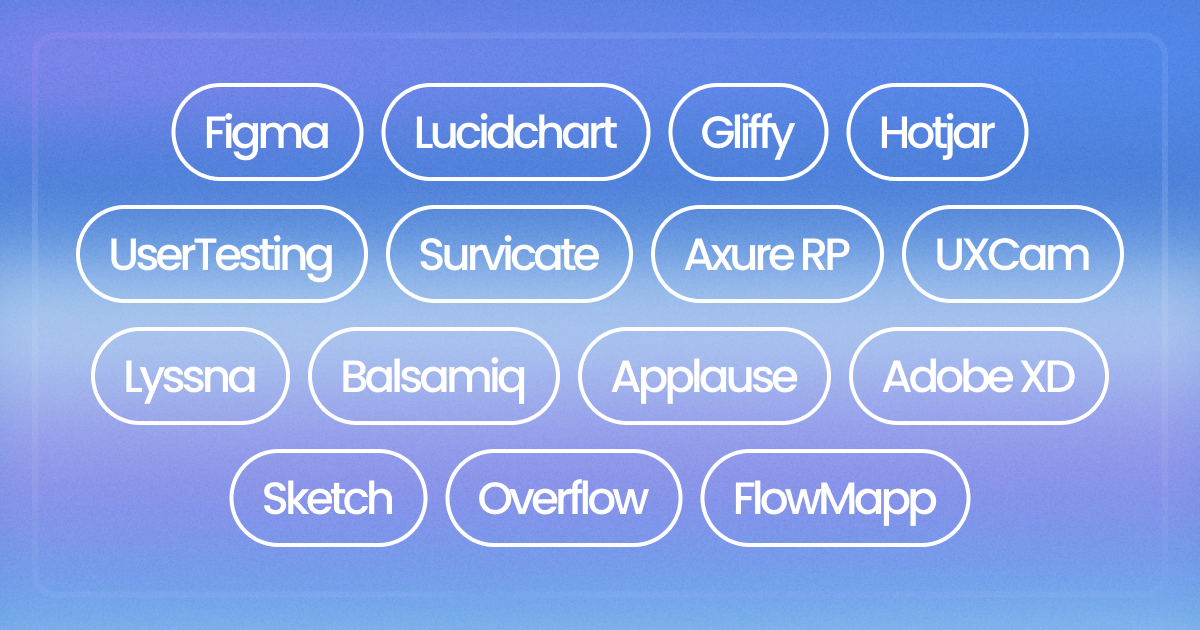Back to blog
5 MIN READ
What Is User Behavior Analytics? It’s Not UX Analytics
PUBLISHED
31 March, 2021


User behavior analytics. The name is self-explanatory, isn’t it? Well… It may not be what you think it is.
If you’re here, chances are you’re interested in knowing how your user behaves. But in which way?
There are several aspects to user behavior: Do you want to know if there are any attackers among your users? Do you in turn want to know how they interact with your product? Are you worried about potential spammy behavior? Even better, do you understand how your users are experiencing your product?
Let’s get one thing straight: All of the above are important matters. Crucial, even. While they’re all related to user behavior, they’re radically different and covered by two types of analytics.
Let’s get into the details.
User Behavior Analytics


User behavior analytics (UBA) is all about security. It takes into consideration how the user behaves with your product but in a very particular way: The goal is to identify whether there are any security incidents taking place.
How is this done? Patterns are created based on typical human user behavior, and this way you can analyze if any users are interacting differently with your product.
When an activity performed by a user is seen as an anomaly because it breaks the typical pattern, you can conclude potential security issues.
It makes total sense, doesn’t it? By knowing how your users tend to behave, you can identify attackers that move away from the norm. Without this type of analytics, we could be putting our users at risk.
After all, security is key to the success of any digital product.
UBA: Why You Need It
Think of when you sign in to your email or social media account from a different device or location. If you need to borrow someone else’s computer or are currently on vacation, a security alert may be triggered to protect your account. UBA works the same way.
You aren’t behaving the way you usually do, so this deviation from the usual could be a sign that someone is trying to steal your account. If someone is trying to penetrate your network in any way, UBA prevents attackers from messing with your product. It flags possible harmful behavior to detect any intrusions.
Because attackers are continuously coming up with new ways to do what they do, the type of analytics you use for security needs to adapt too. Older technology can only work with patterns that have already occurred before; user behavior analytics is different: It will detect any anomaly even if it’s the first time it happens.
Other solutions only focus on outside targeted attacks, while UBA also detects insider threats and even financial fraud.
That said, you don’t necessarily need a tool that focuses on this only. Some security solutions are incorporating user behavior analytics into their features.
User Experience Analytics


User experience (UX) analytics could be what you were looking for all along. It looks at the way your users interact with and experience your product so that you know exactly how they’re using it.
Are they taking advantage of all the features? Are they getting stuck somewhere because of a design flaw? What’s worse, are they dropping off? UX analytics seeks to tell you what your users won’t.
Feedback is important. Without it, you can’t grow. The same goes for your product.
The issue is that if you have to ask for it, the feedback you’ll receive will be biased and based on perception. But what if you could get it straight from the source without your users being aware they’re providing it to you?
That’s how the best UX analytics tools work.
It’s important to note that some tools only use quantitative metrics, while others dig deeper and provide qualitative insights as well. You’ll want one of those.
UX Analytics: Why You Need It
It’s one thing to ask your users for explicit feedback or to ask them to perform a given set of tasks so you can observe how they interact with the product, but it’s something entirely different to analyze how they use it when they’re just using it.
UX analytics tools use features like session recording, heatmaps, funnels and user analytics to showcase the complete user experience. You see what your users truly experience instead of what they think they experience.
By analyzing the actual user experience, you can detect hidden frustrations and issues with your product. Then, you take action and optimize it to improve its performance and customer satisfaction.
This results in higher conversions, lower user churn rate and a better product. And more.
If your product happens to be a mobile app, UXCam is the right solution for you. We specialize in mobile app analytics and help you deliver the perfect app experience.
UBA or UX Analytics?
To recap:


Why There’s Confusion Around The Terms


Now that we know the definition of both, it doesn’t seem possible that they’d ever get mixed up.
On the other hand, we know that user behavior is one of the main aspects of user experience: The confusion stems from this.
Case in point: If you do a quick Google search, you will find some references to user experience analytics under the name of user behavior analytics.
We can agree that user behavior analytics is descriptive of what characterizes UX analytics, but the term already existed with a different purpose — cybersecurity. This appropriation only makes it harder to find a fitting security solution.
So much so that there’s a shift in how we’re referring to it: Besides being known as user behavior analytics (UBA), it’s also called user and entity behavior analytics (UEBA). Luckily, the entity bit takes all of the confusion away.
Conclusion
Understand what it is that you need. Your product and business are likely to need both. Given that you’re here, you probably really need to invest in UX analytics. Did you know that every $1 spent in UX has a return of $100? That’s a return of investment (ROI) of 9,900%.
If knowing how your users behave to improve both your product and experience is what you’re looking for, we got you.
Figure out how your users interact with your mobile app and gather from these insights how to take your product to the next level. Start your free trial with UXCam today.
If security and hence user behavior analytics is what you’re after, we recommend that you check out this article so you can find the tool best suited to your needs.
Either way, stay informed and make your product better for your users.
Related Articles:
Best behavioral analytics tools to optimize mobile app UX
How To Fix Bugs and Issues in Your App With Issue Analytics
Mobile Session Recording: The Complete Guide
AUTHOR

Ángela Gómez Sánchez
Passionate about linguistics and helping you deliver the perfect app experience.
What’s UXCam?
Related articles
UX design
We Reviewed the Top 19 UX Tools for 2026
Find out the industry-standard tools and software the best UX designers use to design better User...

Jonas Kurzweg
Product Analytics Expert
UX design
Auditoria de UX – Como Realizar uma (Etapas, Modelos e Checklist)
Navegue por auditorias de UX com facilidade usando nosso guia para iniciantes, com instruções passo a passo, modelos personalizáveis e um checklist...

Tope Longe
Product Analytics Expert
UX design
UX Audit - How to Conduct One (Steps, Templates & Checklist)
Navigate UX audits effortlessly with our beginner's guide, offering step-by-step instructions, customizable templates, and a detailed...

Tope Longe
Product Analytics Expert

